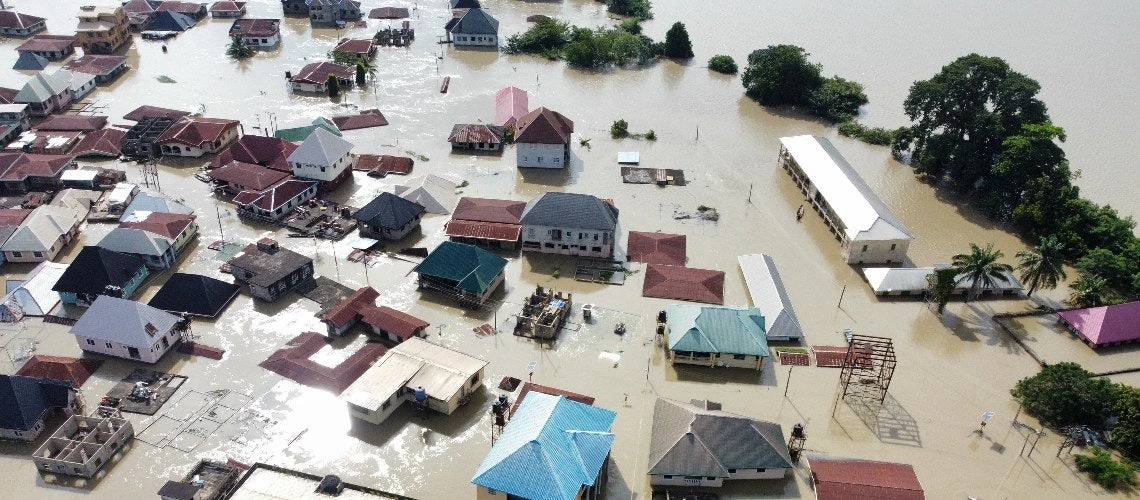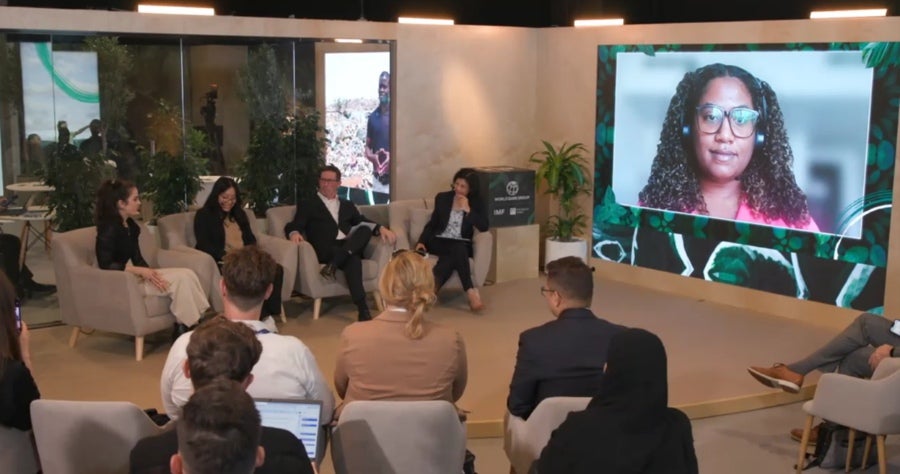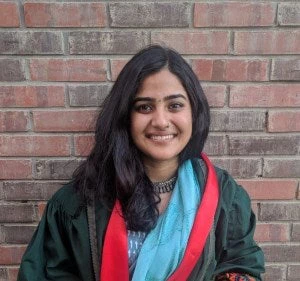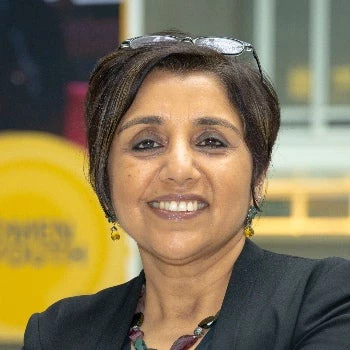 Concerted, collaborative efforts are needed to tackle the quadruple threats of too much, too little, too polluted, and mismanaged water. Copyright: Shutterstock
Concerted, collaborative efforts are needed to tackle the quadruple threats of too much, too little, too polluted, and mismanaged water. Copyright: Shutterstock
The world is facing a water crisis, and we need young people to help keep us afloat. Globally, 2 billion people do not have access to safely managed drinking water services and, by 2030, about one-half of the world’s population will live in water scarce areas.
Water stresses—such as gaps in access to water supply and sanitation, rapid urbanization, and growing population and pollution—have further exacerbated the water crisis, making it one of the biggest risks to economic growth and poverty eradication, globally. Concerted, collaborative efforts are needed to tackle the quadruple threats of too much, too little, too polluted, and mismanaged water, and youth play a crucial part in this reimagining.
It is against this backdrop that Solutions for Youth Employment (S4YE) and the World Bank’s Utility of the Future Program launched the Youth Innovation Challenge: Water Solutions for a New Climate Reality. The new initiative, announced on December 8 at COP28, will empower the next generation of youth “aquapreneurs” to accelerate their ideas for addressing water gaps across low- and middle-income countries.
Making waves together
It is estimated that three out of four jobs globally are heavily or moderately dependent on water. At the same time, an aging water workforce requires an inflow of fresh talent, and aging water infrastructure facilities across low- and lower-middle income countries require repair, maintenance, and restoration. This presents an opportunity for young people, not just in terms of employment but also to exercise their voices and bring novel solutions to the forefront. With their own futures directly threatened by climate change, and having grown up in the digital era, the younger generation has their finger on the pulse of contextual, innovative solutions and are particularly motivated to make change.
Two members of the S4YE Youth Advisory Group (YAG) are already taking matters into their own hands. As a master's student at Kwame Nkrumah University of Science and Technology in Ghana, Emily Otoo-Quayson designed and produced her own ceramic filter pot that successfully removed bacteria from stream water. The filter, made from local materials, could serve as an affordable, sustainable way to enhance water quality, and reduce the prevalence of water-borne diseases in rural communities.
In India, Kaushik Ravi is galvanizing his community to demand environmental action. His past efforts have led to local schools introducing grey water harvesting (recycling wastewater from non-toilet plumbing systems), saving more than 10,500 liters of water annually.
But youth alone cannot move the needle on the quadruple water crisis. To unleash their full potential, they need support from governments, the private sector, and civil society actors in the form of access to capital, business incubation, scale-up strategies, and mentorship. That’s why the World Bank Youth Innovation Challenge has teamed up with twelve inspiring CEOs from cutting edge water technology companies such as Xylem, a leading water technology innovator and provider operating in more than 150 countries. Microsoft Philanthropies, an S4YE founding partner, and NGO partners including Youth Business International and World YMCA are also collaborating on the initiative as invaluable learning and outreach partners.
New opportunities for young people

A launch event at COP28 in Dubai brought together leaders from the World Bank, water-tech companies, Xylem and Permalution, and the youth water community for a dynamic discussion. Patrick Decker, CEO of Xylem, compared the Youth Innovation Challenge to a runway giving flight to young people’s ideas, while Tatiana Estevez, CEO of Permalution, urged youth to invest in themselves by continually updating their skillsets.
Environmental advocate, Latdavone “King” Vilaysouk, and water advocate, Persis Ramirez, emphasized their generation’s appetite for this type of opportunity. As a young woman in a male-dominated sector, Persis noted that she's looking forward to the challenge’s mentorship opportunities. King highlighted that funding and technical guidance from CEOs will be crucial in taking ideas past the stage of modelling in a lab, to pilot implementation, and, finally, to scale.
The session ended on a motivational note with Iffath Sharif, Global Director of Social Protection and Jobs at the World Bank, putting out a clear call to action for young aquapreneurs: “Don’t just think water solutions; aspire toward it and do it!”
You’re invited to apply!
The World Bank and partners invite all interested and eligible youth aquapreneurs (age 18-35) to apply by February 23, 2024. Click here to learn more and register for the challenge.
 |
To receive weekly articles, sign-up here




Join the Conversation